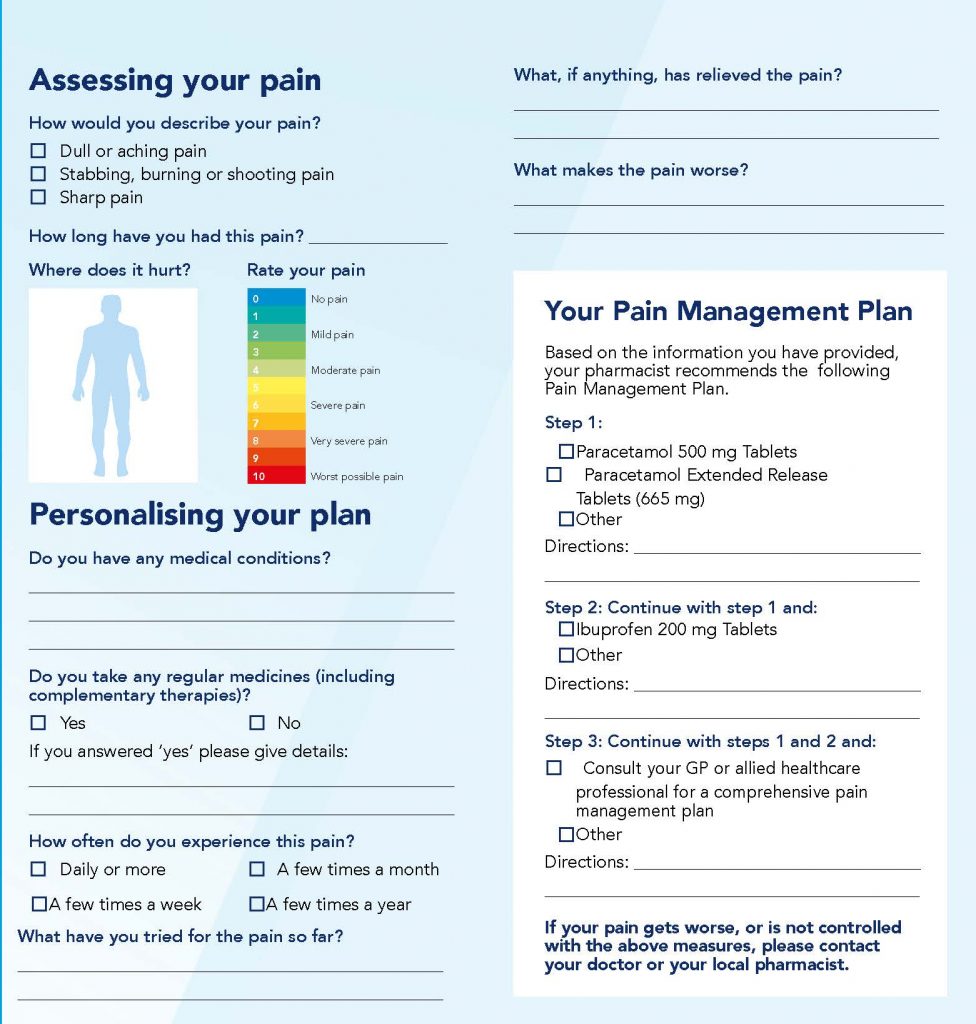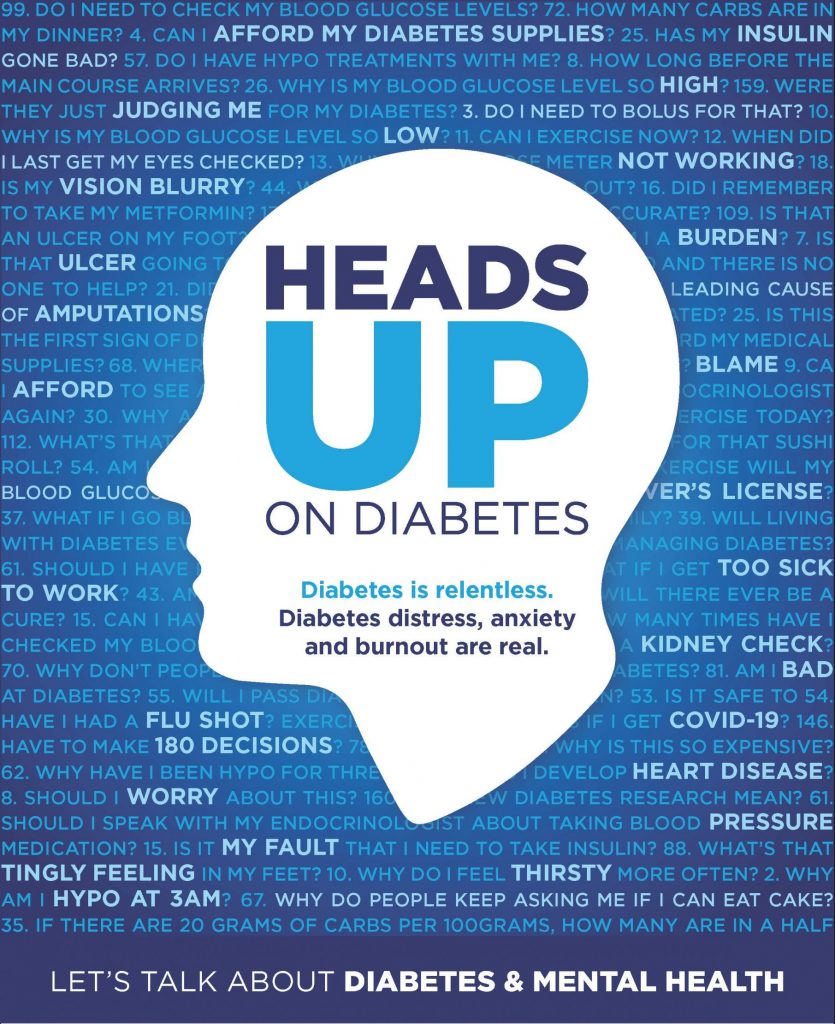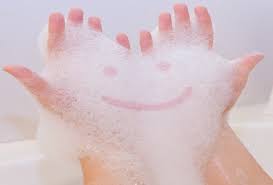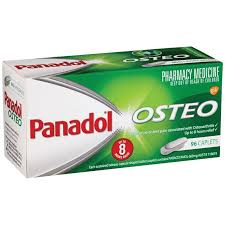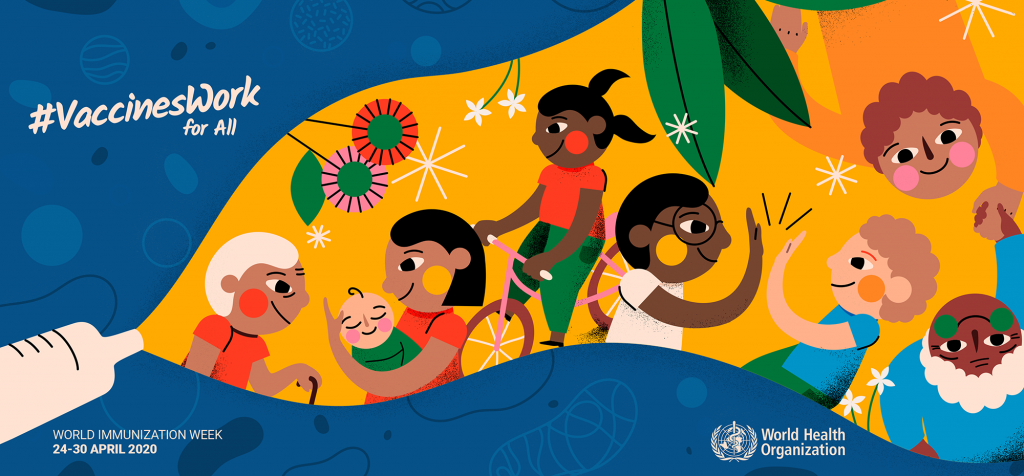What is Eczema?
Eczema is a common skin condition that affects both children and adults. It’s also known as Atopic Eczema, Atopic Dermatitis and Allergic Eczema.
People with eczema have skin that doesn’t keep the moisture in very well, so it becomes dry and easily irritated. This causes chemicals to be released, which worsens the irritation and makes you want to scratch. But scratching only makes your skin more itchy and so the cycle repeats itself.
What triggers Eczema?
There are many things, known as triggers, that can make eczema symptoms worse, including:
- dry skin
- scratching the affected area
- viral or bacterial infections
- chemicals from swimming pools
- sand, especially from sandpits
- some types of carpet or grass
- animals or house dust mites
- allergens that you can breathe in, such as pollen
- artificial colours and preservatives
- perfumes, soap and chemicals
- woollen or synthetic fabrics
- heat or very hot rooms
- stress
Not all of these things will trigger a person’s eczema as it varies from person to person.
Using a lot of soap, grease, food or chemicals can damage the skin’s protective barrier, making it more likely that eczema will develop.
How is Eczema treated?
While there is no cure, eczema is quite treatable. Here are some ways to manage your eczema:
- Protect your skin by applying moisturiser every day. Some people with severe eczema might need wet dressings, which cool, protect and re-hydrate the skin.
- Treat flare-ups by using ointments or creams prescribed by your doctor.
- Control itching by using antihistamines, a cold compress for the affected area and trying not to scratch.
- Control and prevent infection by keeping your house clean and using antibiotics to treat infection if prescribed by your doctor.
Many people find eczema improves as they get older.
Once you know what triggers your eczema, your doctor may be able to help you develop an eczema action plan. This is a personal guide and check-list for how to manage your eczema and prevent it from flaring up.
Here is an example of what an Eczema Action/care Plan might look like: https://www.wch.sa.gov.au/search?q=eczema. (Select first option in the list)
Ways of managing eczema include:
- avoiding your triggers
- avoiding things that can damage or dry out the skin, like soap or bubble bath
- making sure baths and showers aren’t too hot
- rinsing off chlorine from swimming pools straight after swimming
- avoiding overheating or wearing woollen next to the skin
Speak to our staff about what range of products we offer that can assist in the treatment of Eczema & lifestyle tips that may help with future flare-ups.

